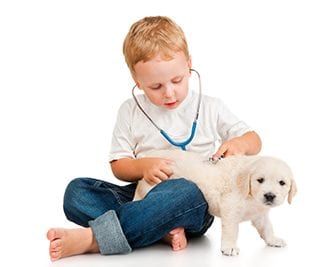
In a follow up to our post yesterday on household toxins we thought we would share with you five more toxins that you should look out for around the house.
- Metaldyhyde This chemical is used in snail bait but also attracts some pets. If you have a problem with snails or slugs you might consider a different method to remove them thats less toxic. One option would be as simple as watering your lawn or garden early in the morning instead of in the evening.
- Organophosphate This is a common insecticide used in gardens because it is effective and degrades quickly. Even though this toxin does degrade rather quickly it is still best to keep pets away from treated areas for a few days if possible.
- Toad Poisoning This isn’t something that you particularly chose to have in your yard or garden but still something to look out for. When threatened several species of toads secrete toxins, which can be licked off by a curious dog. It is a good idea to keep an eye open when an indoor pet is spending time outside exploring.
- Heavy Metals Mercury, lead or excessive amounts of zinc, iron, cobalt and copper can cause serious illness in pets, especially if allowed to accumulate in a pet’s body. A common source for heavy metal poisoning in pets is something as seemingly harmless as a penny. Pennies minted after 1982 are 97% zinc with copper plating.
- Antifreeze Most people think of antifreeze as a toxin around winter but with newer cars most engines have a significant amount of antifreeze in them year round. This can leak out and leave a toxic puddle waiting to be found. Make sure you always clean up any leaks you find immediately.

